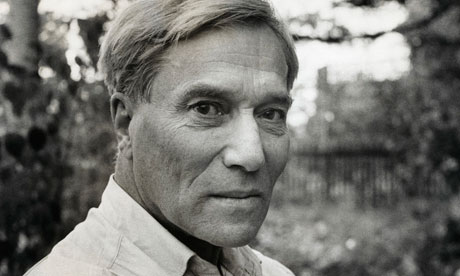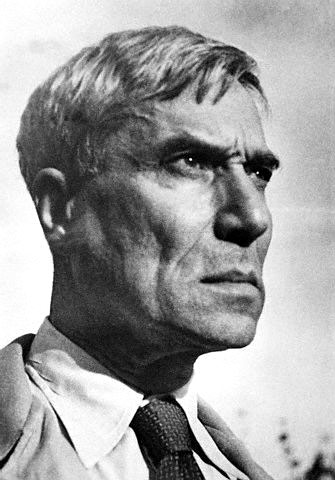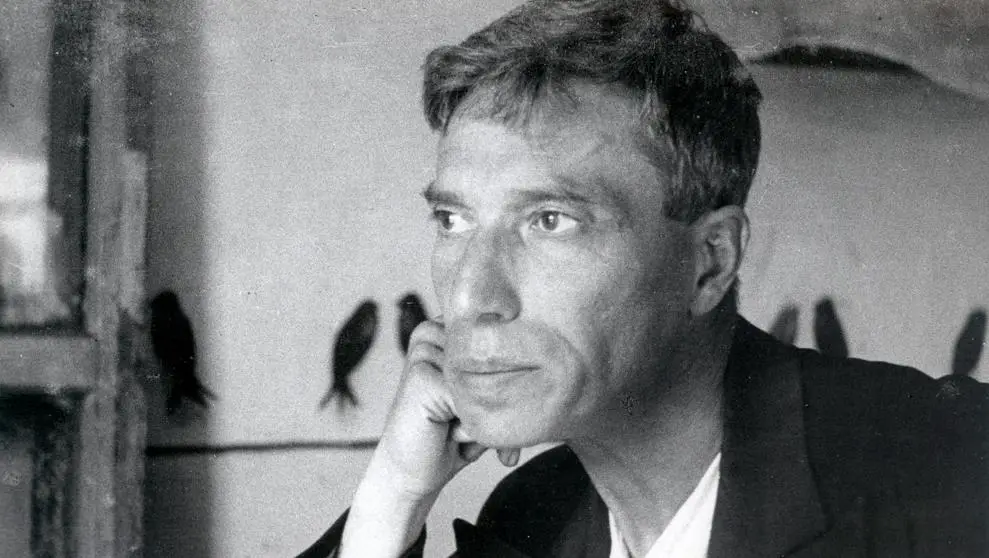
A couple of months after the appearance of Feltrinelli's Italian edition of Dr Zhivago, a photographed copy of Pasternak's original manuscript fetched up at CIA headquarters in Washington, where, the Soviet Russia division chief John Maury pronounced it "the most heretical literary work by a Soviet author since Stalin's death".

"His desire to proceed with Pasternak's book," write Peter Finn and Petra Couvée in their eager yet earnest account of what they call the Zhivago affair, "was only strengthened." A year later, in November 1957, the book hit the shelves.Įnter the Americans. And he became less pliable still when, midway through his reading of the Zhivago manuscript, the Russians invaded Hungary. Feltrinelli, like all Italian communists, wasn't as pliable as his Soviet counterparts. He was, after all, a Marxist – and the powers that be were confident that if instructed to abandon publication he would do so. Not that the Soviets believed Feltrinelli would actually put the book out. As one of his early illicit readers said, Pasternak's was a "humanistic message… posed a fundamental challenge to the Soviet ethic of sacrifice of the individual to the communist system". Post-tsarist Russia, on the other hand, was centralised and collectivist and anti anything that spoke to what it saw as the bourgeois fantasy of the self and its essences.

For another, the novel was, like all love stories, – indeed, like all but the most manically modernist fiction – premised on the idea of the individual human consciousness.

As the editors of the literary journal Novy Mir told him, they couldn't possibly print extracts from it because of its "non-acceptance of the socialist revolution". For one thing, Dr Zhivago had nothing positive to say about the new Russia.


 0 kommentar(er)
0 kommentar(er)
